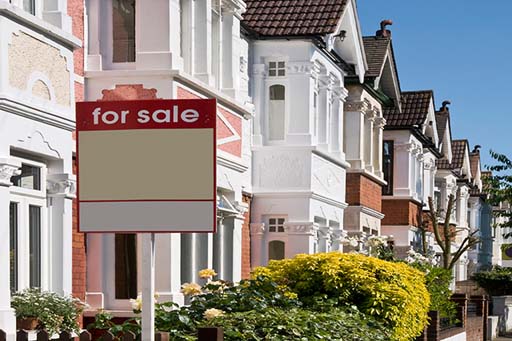6.2 Selling property, re-mortgaging and housing as an investment
Once you’ve entered the property market, moving home commonly involves both buying a new property and selling your existing one. In these circumstances you’ll need to manage carefully the timing of the exchange process – the formal agreement to buy or to sell a property – to make sure you don’t end up owning two properties while desperately trying to sell one of them. If it’s not possible to synchronise the sale and purchase dates, there are bridging loans designed to supply the necessary funds until the situation is resolved.
Another possibility is to sell your property and allow a gap before buying another. You risk being priced out of the market if property prices are rising, but this is a sound strategy if prices are flat or falling.
What are your principal considerations when you’re a seller? First, you’ll want to achieve as high a price as possible, and TV shows give endless tips about making homes attractive to buyers.
A practical consideration, unless you’re selling at auction, is to decide how to sell and how many estate agents to engage in the process. Typically, selling commission is between 1% and 3% of the sale price. If you’re using one agent only (a ‘sole agent’), it may be easier to negotiate the estate agent’s commission than if several agents are used.
Selling without agents, using instead the media and the internet, is an alternative. Sellers in Scotland have to provide a home report which includes energy details and a survey. In England and Wales, sellers are obliged to provide an energy performance certificate.
Legal costs will be higher when both buying and selling since there’s more documentation to be completed.
One important final point if you’re selling your home – any profits you make by selling for a higher price than you paid when you bought it are not subject to tax. By contrast, if you make a profit on the sale of a property that is not your home – for example one that you’ve been renting to tenants – then you will be subject to Capital Gains Tax (CGT).

